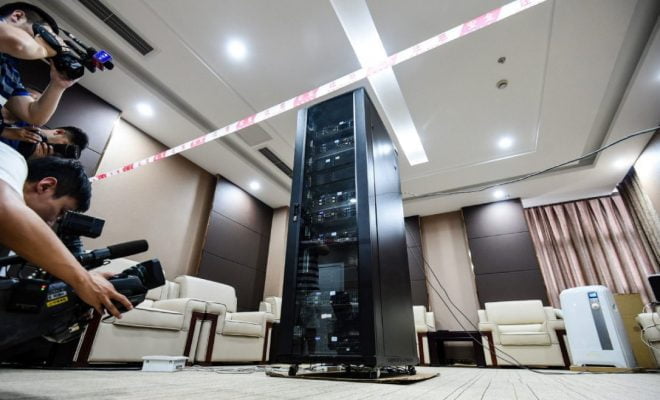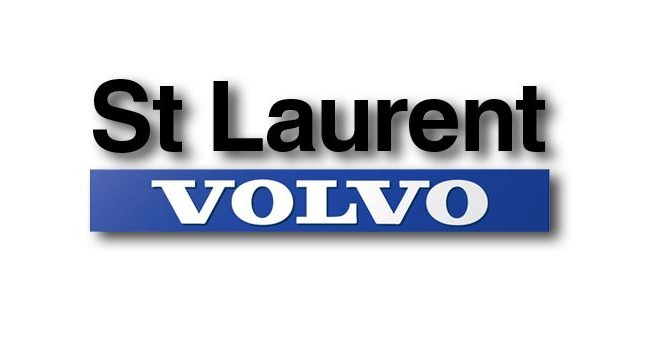3 Ways time-challenged Can Manage Their Money?: Pape

At dinner the other night, I tossed out a question to the table. What, I asked, is your biggest financial concern?
I expected a range of answers, from the weak economy to Brexit to the value of the loonie. But none of those were top of mind with my friends. The number one concern at the table was: how should I manage my money? Not how should I invest it but how should I look after it?
“I just don’t have any time,” one young professional said. “I get monthly reports and I set them aside to look at but then I never get around to it and before I know it another one has arrived.”
Everyone at the table nodded. To a greater or lesser degree, they all had the same problem. We’re all deluged by paper – whatever happened to the paperless society? – and we don’t have time to digest it all, even when our financial futures are involved.
The folks at the table weren’t millionaires. But they all had various government-sponsored savings plans: RRSPs, Tax-Free Savings Accounts, Registered Education Savings Plans, etc. They had invested a lot of hard-earned money in them and they wanted the plans to do well. They were frustrated at not being able to devote time to achieve that.
What’s the solution to this situation? Here are three suggestions.
Make the time. Life is a series of priorities. Every day when we wake up, there are a number of things that need to be done. It may be getting the kids to school, calling the plumber, attending an exercise class, going shopping, whatever. We prioritize the day’s activities and get started.
If you’re truly concerned about your money, it needs to go to the top of your daily priority list at least twice a year and preferably once every three months. That’s not a major time commitment when you consider what’s at stake.
Block out at least two hours on the designated days to go over all your financial statements. Review your family budget and check your bank account. See if your RRSP is performing to the standard you expect. If it’s not, take action. Sell some securities and replace them with others you think will do better.
If you have to skip a couple of hours of TV to fit it in, do it. What’s more important?
Use a robo-advisor. Sorry, you may be thinking. I just can’t fit it in and anyway when I look at all those numbers my brain freezes. I can’t figure out if my RRSP is doing well or poorly and if it’s not going well I wouldn’t know how to fix it.
Well, maybe you need a robo-advisor. These are on-line advisory services that invest your money in exchange-traded funds (ETFs) based on your goals and risk tolerance level. The company monitors the account on an ongoing basis and rebalances the portfolio when indicated. Robo-advisors are very new so we have little performance history. But many people are attracted by their low cost, minimal investment requirements, and ease of monitoring.
There are about a dozen firms in Canada that offer this service, with more coming on stream all the time. Most of these companies aren’t well known but at least one major financial institution, Bank of Montreal, has entered the field with its BMO SmartFolio service. You can open an account with a minimum of $5,000. Fees vary based on the amount invested: a $50,000 account would cost you $350 a year (0.7 per cent). “All you need to do is decide how much to invest and track your progress online through any device” BMO says on its website.
Use a professional manager. If you have a significant amount of money and want more personalized attention, hire a professional money manager to look after your account. He/she will make all the investment decisions on your behalf, moving the money around according to market conditions. You should receive a monthly financial statement plus periodic reports outlining what actions the manager is taking and explaining her/his investment approach.
This is a more expensive approach than using a robo-advisor. The fee will be based on the amount of money you have to invest but will probably be in the range of one to two per cent annually. The trade-off is more attention to your account details and exposure to a much broader range of securities than ETFs. Providing you find the right manager, this is the best approach for people with a reasonable amount of cash and little time or knowledge to look after it.
Gordon Pape is editor and publisher of the Internet Wealth Builder and Income Investor newsletters. His website is www.BuildingWealth.ca








